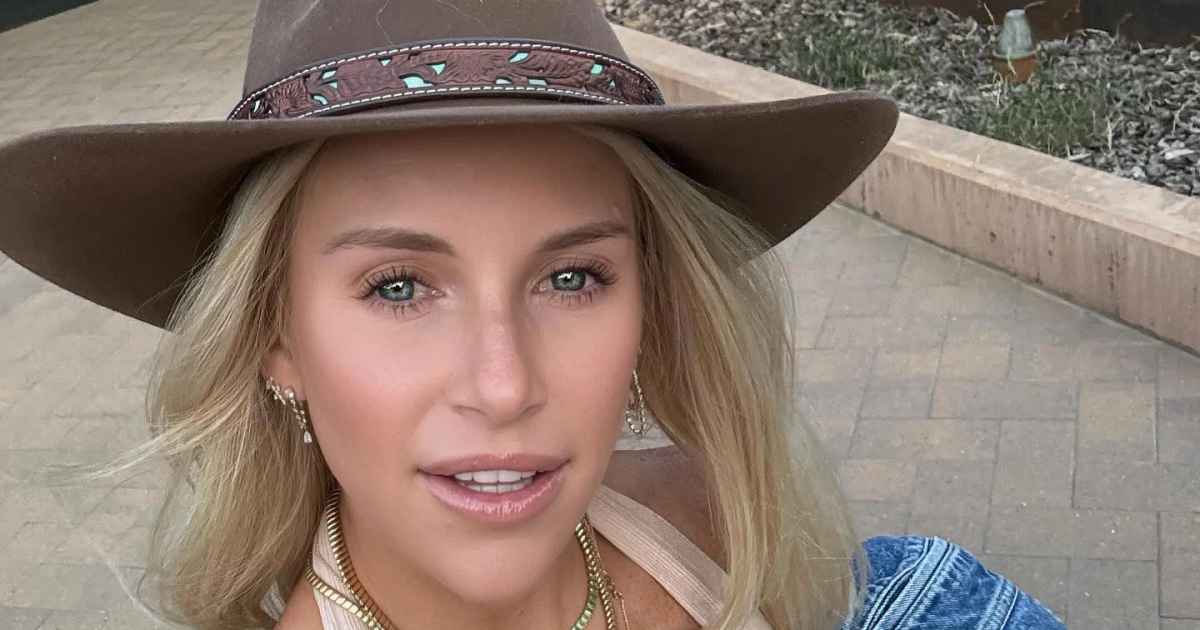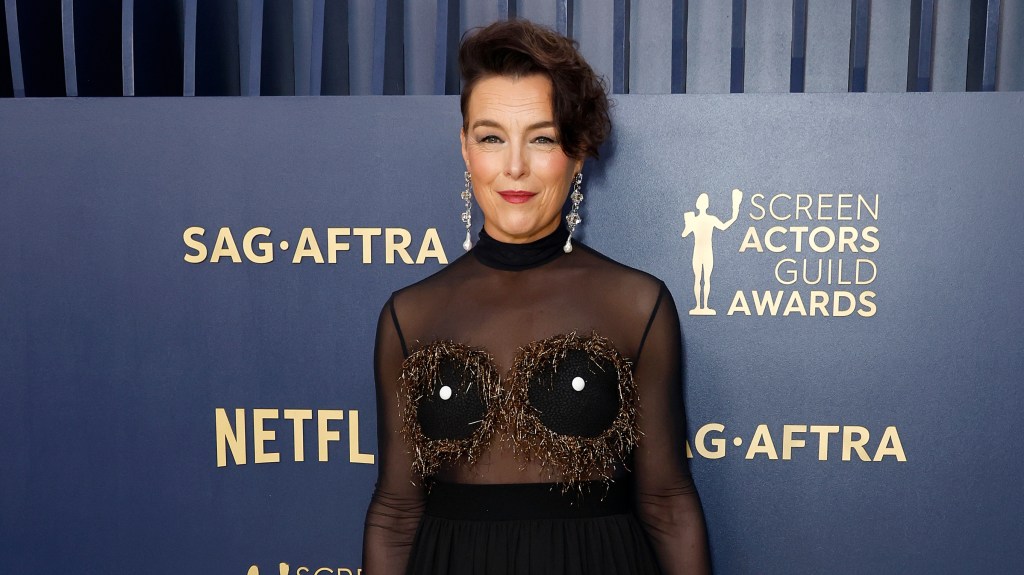Kelly Stafford Reflects on Six Transformative Years Post-Brain Tumor Surgery
Six years after undergoing life-altering brain tumor surgery, Kelly Stafford, wife of NFL quarterback Matthew Stafford, has shared an emotional reflection on her journey of resilience. In a heartfelt social media post, the 34-year-old mother of four detailed her physical and mental recovery, offering hope to others facing similar challenges. Her story underscores the importance of perseverance, support systems, and prioritizing health amid adversity.
A Harrowing Diagnosis and the Road to Recovery
In April 2019, Kelly underwent a 12-hour procedure to remove an acoustic neuroma—a benign but potentially dangerous tumor growing on her cranial nerves. The surgery affected her balance, hearing, and facial nerves, requiring extensive rehabilitation. “I remember waking up and immediately realizing my world had changed,” she wrote. “The simplest tasks felt impossible, but I promised myself I’d reclaim my life.”
According to the National Brain Tumor Society, approximately 94,000 Americans receive primary brain tumor diagnoses annually. While acoustic neuromas account for just 6-10% of cases, their location near critical neural pathways often leads to complex recoveries. Dr. Sarah Thompson, a neurosurgeon at Johns Hopkins Hospital, explains: “Patients frequently face vestibular challenges and hearing loss. Recovery isn’t linear—it demands patience and tailored therapies.”
The Mental Health Battle Behind the Scenes
Beyond physical hurdles, Kelly openly discussed struggling with anxiety and identity shifts post-surgery. “I wasn’t just healing my body; I was relearning who I was,” she revealed. Her transparency aligns with research from the Journal of Neuro-Oncology showing that 30-50% of brain tumor survivors experience significant psychological distress.
- Vestibular rehabilitation: 18 months of balance retraining
- Hearing adaptation: Permanent single-sided deafness management
- Facial nerve therapy: Exercises to restore muscle control
Mental health expert Dr. Rachel Nguyen notes: “Survivors often grieve their pre-diagnosis selves. Kelly’s willingness to share this struggle helps normalize conversations about invisible recovery aspects.”
Family Support and Advocacy Work
Matthew Stafford’s decision to take a leave from football during Kelly’s treatment spotlighted caregiver roles. The couple later established the “Stafford Family Foundation,” funding neurological research and patient support programs. “Watching Kelly fight inspired me to use our platform differently,” Matthew told ESPN in 2021.
Kelly has since become a vocal advocate for early symptom recognition. Acoustic neuromas often manifest through:
- Unilateral tinnitus (ringing in one ear)
- Gradual hearing loss
- Vertigo or balance issues
Looking Ahead: A Message of Hope
Now cancer-free, Kelly emphasizes gratitude and perspective. “This experience taught me that healing isn’t about returning to ‘normal’—it’s about embracing a new beautiful,” she wrote. Her story coincides with promising medical advances; a 2023 study in Nature Medicine shows immunotherapy trials improving outcomes for benign tumor patients.
For others navigating health crises, Kelly advises: “Celebrate small wins. Let people help. And remember—your struggles can become someone else’s survival guide.” Readers inspired by her journey can support brain tumor research through the National Brain Tumor Society.
As Kelly continues parenting four daughters under age six while managing residual effects like tinnitus, her resilience offers a powerful testament to human adaptability. Medical professionals and survivors alike will watch her advocacy with interest, as it bridges personal narrative with systemic healthcare improvements.
See more WebMD Network



